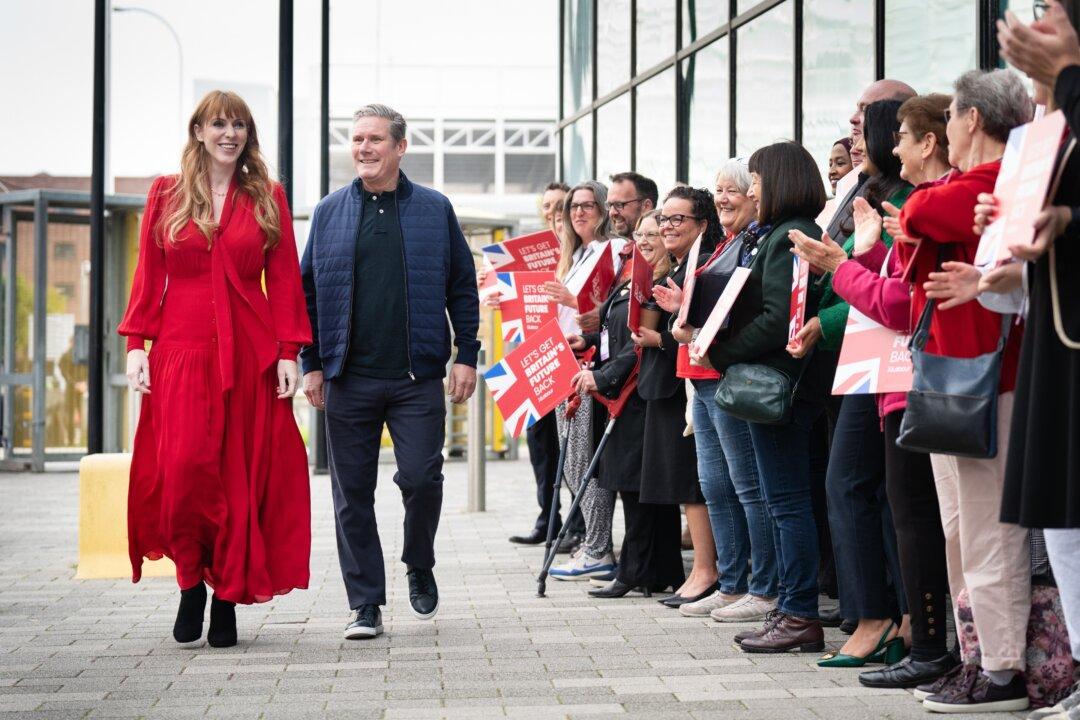Labour has promised on Saturday it will deliver “the biggest boost” to affordable housing for a generation ahead of the party’s annual conference in Liverpool.
Deputy party leader and shadow levelling up secretary Angela Rayner said it will be her “number one focus” to build social housing if Labour wins in the next general election.





